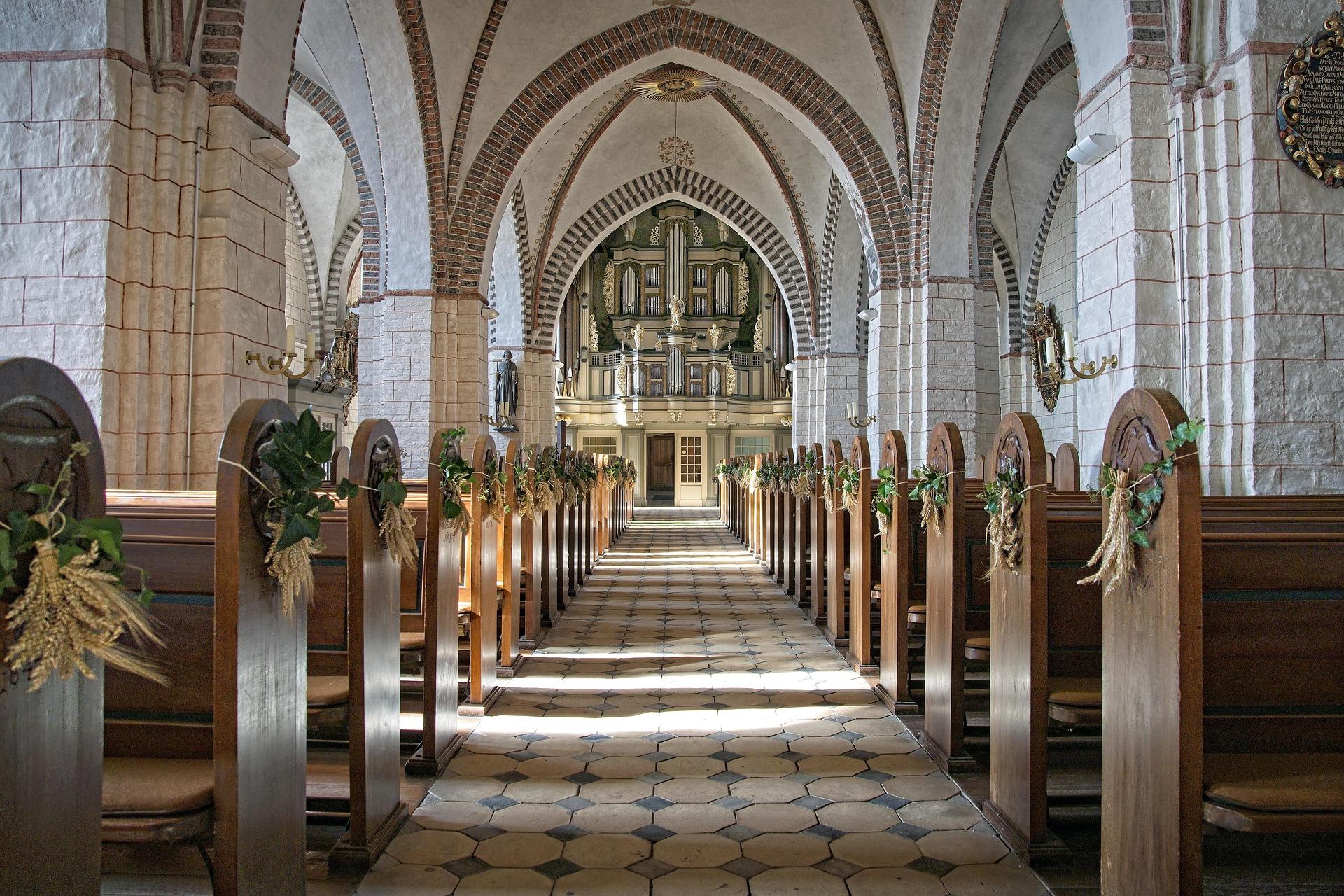
As the fierce war between Iran and Israel intensifies, America’s involvement has added a dangerous new dimension to the already volatile situation in West Asia. While global attention remains fixed on the unfolding military conflict, fresh reports emerging from Syria have cast a dark shadow over the region. A horrific suicide bombing at a church in Syria's capital, Damascus, has drawn widespread attention and concern.
According to reports, the devastating suicide attack occurred at the Mar Elias Church, located in the Dwela neighborhood of central Damascus—an area considered to be one of the most secure zones under Syrian government control. The timing of the attack was particularly alarming, as it coincided with the moment when the United States carried out strikes on three of Iran’s nuclear sites.
This simultaneous surge in violence across different locations has heightened fears of a wider regional escalation.
The attack resulted in the tragic loss of 20 lives, while 13 others were reported to have sustained serious injuries. The number of casualties may rise further as rescue and medical efforts continue. Eyewitnesses and security sources described the scene as horrifying, with the suicide bomber reportedly entering the church and opening indiscriminate fire on the crowd before detonating his explosive vest.
The blast left behind a scene of chaos, bloodshed, and grief, deeply shaking the local community and the nation as a whole.
Syria’s Interior Ministry quickly confirmed the incident, calling it a "cowardly terrorist attack." Government media also condemned the attack, emphasizing the brutality of targeting civilians gathered in a place of worship. While no group immediately claimed responsibility for the bombing, initial investigations and statements from Syrian authorities pointed towards ISIS (Islamic State of Iraq and Syria)-linked suicide bombers as the perpetrators. However, ISIS has not officially accepted responsibility for the attack so far.
Syria’s Information Minister expressed deep condolences to the victims’ families and called on the nation to remain united in the face of such heinous acts of terror. Emphasizing the importance of national unity, social harmony, and brotherhood among all communities, he reiterated the government's commitment to continue its crackdown on terrorist organizations to ensure the safety and security of its citizens.
The timing of the attack has fueled speculation about broader strategic implications, especially considering the backdrop of the escalating Iran-Israel conflict. With tensions reaching an all-time high between Tehran and Tel Aviv, and with the United States now openly involved, the Middle East appears to be edging dangerously close to a wider and potentially catastrophic conflict. The Damascus bombing adds a new layer of complexity to an already volatile and rapidly evolving geopolitical crisis.
As the world watches these developments unfold, the situation in Syria serves as a grim reminder of how quickly regional conflicts can ignite further violence and bloodshed across neighboring countries. The international community now faces growing concerns about the broader implications of these overlapping conflicts, fearing that the flames of war may soon engulf more of the already fragile Middle East.
Disclaimer:
This article is based on reports from multiple news agencies and official statements. The information is subject to change as more details emerge. The blog does not endorse or support any side involved in the conflict and aims solely to provide information to its readers.




